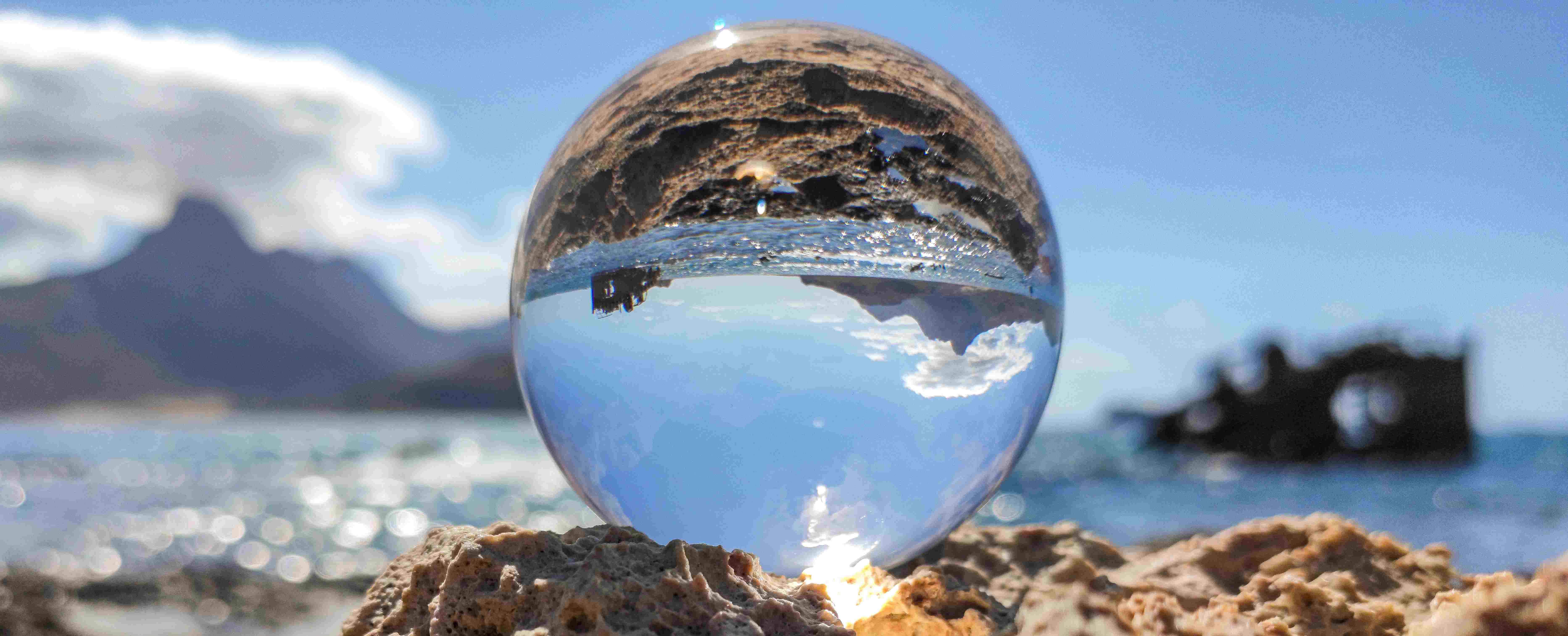GWP-Med is currently implementing the 2020-2025 Strategy "Mobilising for a Water Secure World". In this frame, a number of Programmes are being implemented in the Mediterranean region, under the following Thematic Areas:
Transboundary Water Resources Management:
- GEF/UNEP MedProgramme (2019-2025): GWP-Med is one of the executing partners of the MedProgramme that aims to operationalize priority actions to reduce major transboundary environmental stresses in Mediterranean coastal areas, while strengthening climate resilience and water security and improving the health and livelihoods of coastal populations.
- UNDP/Adaptation Fund funded Integrated Climate Resilient Transboundary Flood Risk Management in the Drin River Basin in the Western Balkans Project (2019-2024): Implemented by UNDP and the Adaptation Fund and executed by GWP-Med, the Project is developing the first integrated Flood Risk Management Strategy and Road Map for the Drin Riparian countries.
- The GEF Drin Project "Enabling Transboundary Cooperation and Integrated Water Resources Management in the extended Drin River Basin" promoted joint management of the shared water resources of the transboundary Drin River Basin, including coordination mechanisms among the various sub-basin joint commissions and committees. The project was implemented by the United Nations Development Program (UNDP) and executed by the Global Water Partnership (GWP), through GWP-Med. UNECE was a partner to this process.
Water-Energy-Food-Ecosystems Nexus:
- Rexus Horizon 2020 Project: The Horizon 2020 REXUS Project is developing and validating knowledge and tools to facilitate the transition from WEFE NEXUS theory to practice, taking into account climate impacts. It is applied in 5 pilots areas accross Europe and Latin America. GWP-Med is leading the Communication and Dissemination Work Package in a Consortium of 17 partners.
- PRIMA WEFE4MED: The WEFE4MED project is developing the PRIMA WEFE Nexus Mediterranean Community of Practice, bringing together scientists and stakeholders to ensure that Nexus solutions emerging from R&I activities can be applied broadly and impact the future WEFE decision-making. The Mediterranean WEFE will be built around concrete demonstration sites, showcasing positive experiences from different places in the Mediterranean region. GWP-Med is part of the Consortium implementing the project.
- Matchmaker II project:The programme Matchmaker 2 provided Jordan and Palestine with tangible and scalable Nature-based Solutions in order to improve water management and build resilience to climate change, through the application of the Water-Energy-Food-Ecosystems Nexus approach. The project was funded by Sweden and UfM, and implemented by GWP-Med. Read more
Integrated Water Resources Management:
- PRIMA Acquaount: The PRIMA ACQUAOUNT project aims to improve Integrated Water Resource Management and sustainable irrigation through the deployment of innovative tools, smart water services and solutions, for public and private use, contributing to climate resilience, with 4 pilots in Jordan, Lebanon, Tunisia and Sardinia, Italy. GWP-Med is leading the Work Packages on Stakeholder Engagement and Policy & Governance Analysis.
Contributing to Gender Equality:
- AIP WACDEP-G (2023-2025): The Project aims to transform gender inequalities at scale by promoting gender-transformative planning, decision-making and institutional development for climate resilient water investments in Africa. It is implemented by Africa Governments, Africa Union Development Agency-NEPAD and the Africa Ministers’ Council on Water (AMCOW), Regional Economic Communities, River Basin Organisations, Regional Water Partnerships, Country Water Partnerships, women organisations, International Water Management Institute (IWMI), UN WOMEN, Global Water Partnership and others. In the period 2020-2022 GWP-Mediterranean implemented the programme at regional level in North Africa and at country level in Tunisia under the leadership of the national focal point, the General Directorate of Water Resources in the Tunisian Ministry of Agriculture, Hydraulic Resources and Fisheries. In the second cycle of work (2023-2025) the work will continue regionally in North Africa, while the country focus will include Morocco and targeted continuation of work in Tunisia.
- Empowering Women Water Leadership in the MENA region: An initiative by GWP-Med and the Geneva Water Hub that aims at supporting female water experts from the MENA region in their personal development and their professional careers. Read More
Non-conventional Water Resources:
- Zero-Drop Program: Launched in July 2022 in Folegandros, with exclusive funding from The Coca-Cola Foundation and the support of local communities and public authorities, the Zero Drop water resources protection program is implementing water saving technical solutions in areas facing intense water scarcity, while raising awareness and building capacities to better manage and conserve water resources. Since then, the program has aslo reached Cyprus, and Heraklion Crete.
- Alter Aqua Project: Funded by The Coca-Cola Foundation, with contributions by the Energy and Water Agency and GSD Marketing Ltd, the Alter Aqua project has been promoting the use of Non-Conventional Water Resources (NCWR) since 2011 in Malta. Read more
Community Engagement:
- "Water is in our Hands": Starting in 2019, this project, which is implemented by GWP-Med and Reckitt's Finish, provides concrete tools to combat water scarcity and save water at home. In previous years, Water is in our hands visited Agios Efstratios, Oinousses and Psara, small islands in the Aegean sea also facing the intense challenge of water scarcity. In 2023 the Program visited the island of Lipsi.
